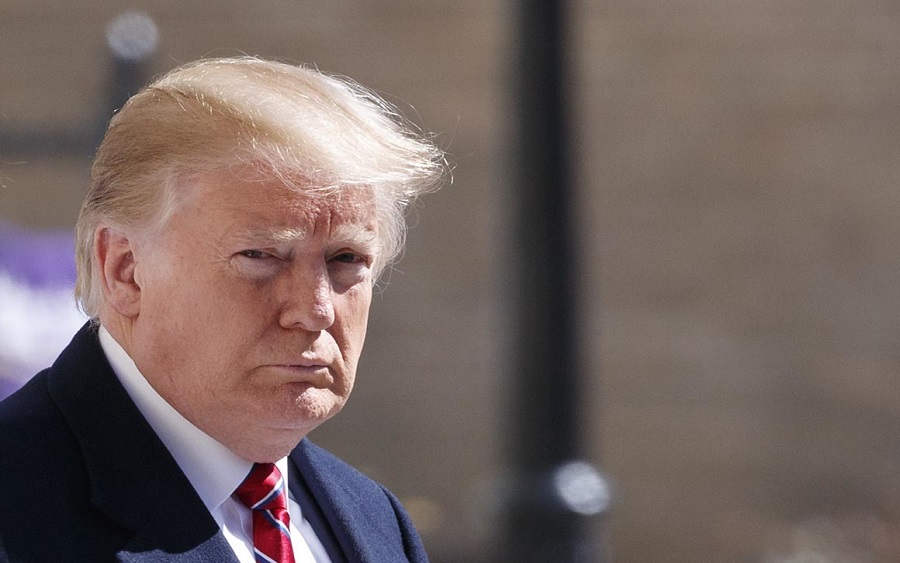Oil prices spiked on Tuesday, erasing earlier losses after the U.S President Donald Trump disclosed that he would meet with the Chinese President Xi Jinping at the G20 summit later this month.
President Trump revealed the plan of a possible truce regarding the heightened US-China trade war through his twitter handle earlier on Tuesday.
Had a very good telephone conversation with President Xi of China. We will be having an extended meeting next week at the G-20 in Japan. Our respective teams will begin talks prior to our meeting.
— Donald J. Trump (@realDonaldTrump) June 18, 2019
Following Trump’s statement, the U.S. West Texas Intermediate crude futures jumped $2.26 (4.4%), to $54.19 a barrel by 11:11 a.m. Also, the Brent crude futures rose $1.80, or 3%, to $62.74 a barrel.
Although Trump’s Chinese counterpart has not confirmed whether a meeting would take place, Chinese state media disclosed that President Xi agreed to the meeting and emphasized that economic and trade disputes should be solved through dialogue.
Focus on the Global Crude Market: Recent attacks on oil tankers in the Middle East have caused oil prices to spike. Last week, two oil tankers were attacked in the Gulf of Oman, and the U.S. Government says Iran is to blame.
However, Iran denies the charges, saying that the U.S. is waging a war of disinformation. In response to this, U.S. Central Command reportedly released a video that apparently showed an Iranian patrol boat removing an unexploded mine from one of the tankers. With tensions on the rise, reports have indicated that the possibility of an all-out military conflict is more imminent now than at any other time in recent memory.
Following last week tankers’ attack in the Gulf of Oman, oil prices shrugged off the news as it spiked early on Thursday, trading by more than 4%. Meanwhile, it should be noted that oil prices have fallen by more than 15% from April’s 2019 highs, partly because of concerns over the U.S.-China trade war and disappointing economic data.
After two weeks of the media frenzy, with the Organization of Petroleum Exporting Countries (OPEC) struggling to quell the negative sentiment in the market, a new reality could be here very soon.
Stakeholders in the oil market are awaiting a meeting between the Organization of the Petroleum Exporting Countries and the OPEC+, to decide whether to extend a supply reduction pact that is expected to end this month.
Uncertainty still beclouds the decisions on whether to extend the oil supply cut or not when OPEC and OPEC+ states hold their meetings on July 10-12 in Vienna. Oil market analysts are weighing the chances of a potential oversupply amid slower demand growth which could drag oil prices down. Basically, a weak consumption pattern may require OPEC to extend cuts, a task which Russia may not be ready to sign up to.
Russian Energy Minister Alexander Novak disclosed on Tuesday, that it was too early to make any decisions about the future of the agreement because of market uncertainties.
However, Saudi Arabia is throwing its weight behind a possible deal to extend the oil Supply cut. Saudi’s Energy Minister Khalid Al-Falih recently stated the following on the sidelines of a G-20 ministerial meeting on energy and environment in Japan.
“We are hoping that we will reach a consensus to extend our agreement when we meet in two weeks time in Vienna.”














